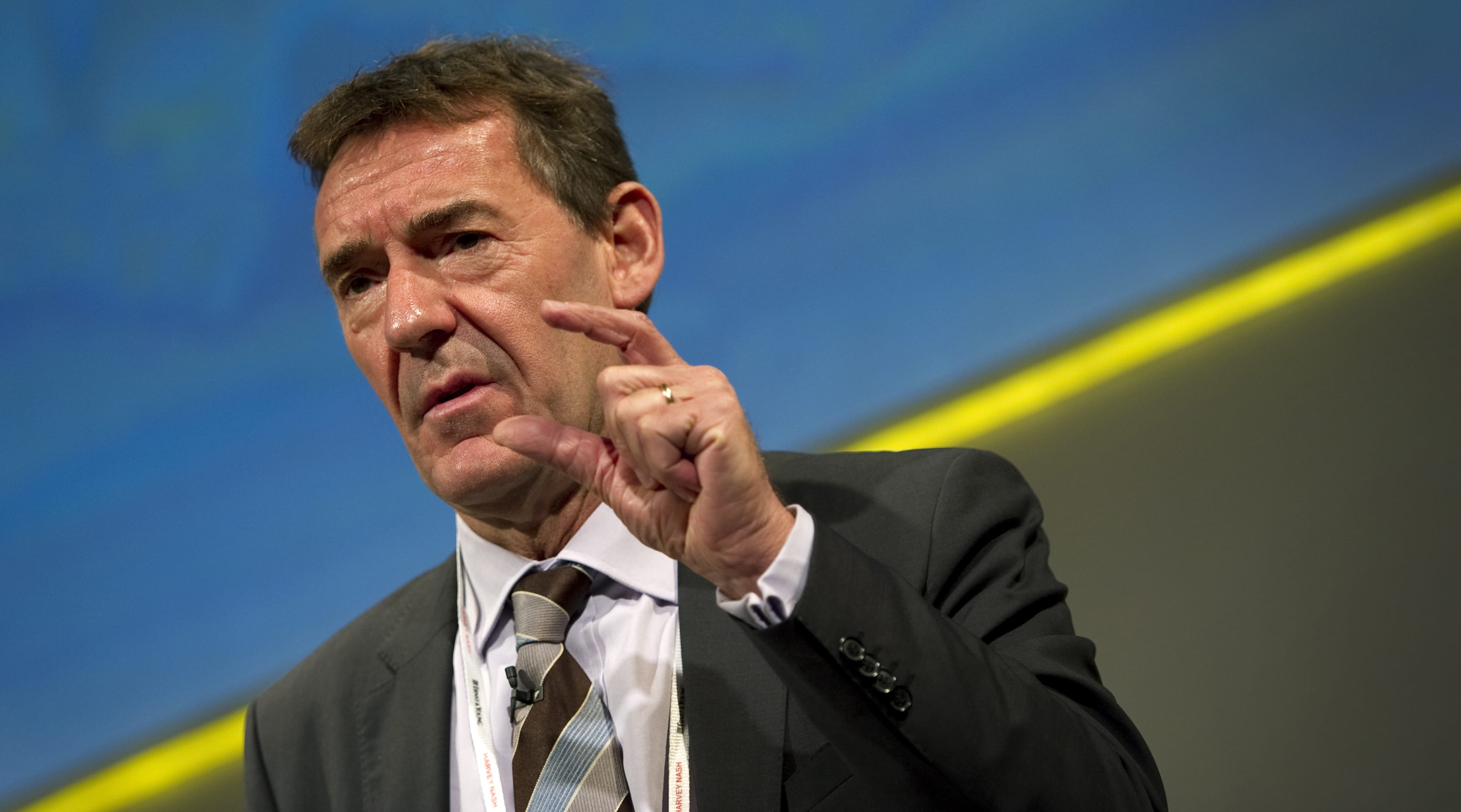
Jim O’Neill, former Goldman Sachs chief economist
Adrian Dennis | AFP | Getty Images
Compared to many countries, China has rolled out little additional support for its economy that’s been hit by the coronavirus pandemic, said former Goldman Sachs chief economist, Jim O’Neill.
“It is striking when you look at China’s contrast to so many other countries in the rest of the world so far, how little fiscal expansion China has introduced,” O’Neill, now the chair of U.K. think tank Chatham House, told CNBC’s Tanvir Gill on Wednesday.
“I think they’re being both prudent and very cautious and certainly, given the scale of the supply and the demand shock, China’s policy has been quite timid so far,” he added.
According to the International Monetary Fund, China has announced around 2.6 trillion yuan ($365.97 billion) worth of fiscal measures to counter the impact of the coronavirus, as of May 14 this year.
The amount includes unemployment insurance payouts and some tax relief and accounts for about 2.5% of its gross domestic product, according to the fund.
That’s far lower than many other major economies.
The U.S. has rolled out additional spending that includes a package of $2.3 trillion — or 11% of GDP, with measures such as tax rebates for individuals as well as loans and guarantees for businesses.
Germany has also pledged support that includes 156 billion euros ($170.97 billion) — or 4.9% of GDP — in additional government spending, and at least 757 billion euros ($829.71 billion) — or 23% of GDP — in guarantees for businesses, according to data compiled by the IMF.
It seems to me things to support the consumer are almost definitely the most important thing that China needs to do.
Jim O’Neill
former Goldman Sachs chief economist
O’Neill explained that China is more cautious in stimulating the economy this time because the country does not want debt rising to unsustainable levels. Debt levels in China rose rapidly in the years after the global financial crisis, as Chinese authorities expanded debt to kickstart economic activity.
But China will have to do more, especially now that consumers have become a much more important growth driver, he said. He added that measures that help to support income, such as tax cuts, may eventually be “inevitable.”
O’Neill and other observers said that Beijing could announce, or perhaps hint at, additional economic support at this week’s National People’s Congress, an annual meeting of the country’s top legislative body.
China, where the coronavirus was first detected, locked down several cities in late January to contain the outbreak. Even though restrictions are being gradually lifted, the Chinese economy — the world’s second largest – has been severely hit, and weakness has been seen in consumer-related sectors.
“The industrial side of the economy appeared to recover quite strongly, but the consumer is certainly not back to normal,” said O’Neill.
“It seems to me things to support the consumer are almost definitely the most important thing that China needs to do.”
